There are three main ways of transmission, direct transmission, aerosol transmission and contact transmission.
Direct transmission refers to the infection caused by the patient’s sneezing, coughing, and talking droplets. The exhaled gas is directly inhaled due to close inhalation; in general, the droplets are transmitted 1-23 meters away from the speaker.
Aerosol transmission refers to the mixing of droplets in the air to form aerosols, which cause infection after inhalation; aerosol transmission distances are relatively long, generally the longest distance can reach 10 meters.
Contact transmission refers to the deposition of droplets on the surface of an article, contact with contaminated hands, and then contact with the mucous membranes of the oral cavity, nasal cavity, eyes, etc., causing infection.
Coronavirus self-help method: On February 3, 2020, a U.S. MD and scientist lectured in Australia, self-help method on coronavirus: Vitamin C and Vitamin E. The medicinal amount of C is 3000 milligrams per day and E is 1000 units per day. If accompanied by fever, take some cooling drugs and drink plenty of water! No need to go to the hospital If you are non-critical patients.
Many people are panicked when they hear the coronavirus, but it is not necessary. Today we are here to tell you how to fight it and defeat it.
1.Take your temperature twice a day
Through this method, you can accurately determine whether your body has any abnormal conditions. If the temperature is abnormal, you need to strengthen your immunity through the above methods to see if illness can return to normal. If the symptoms cannot be relieved, consult a doctor promptly without delaying the optimal treatment time.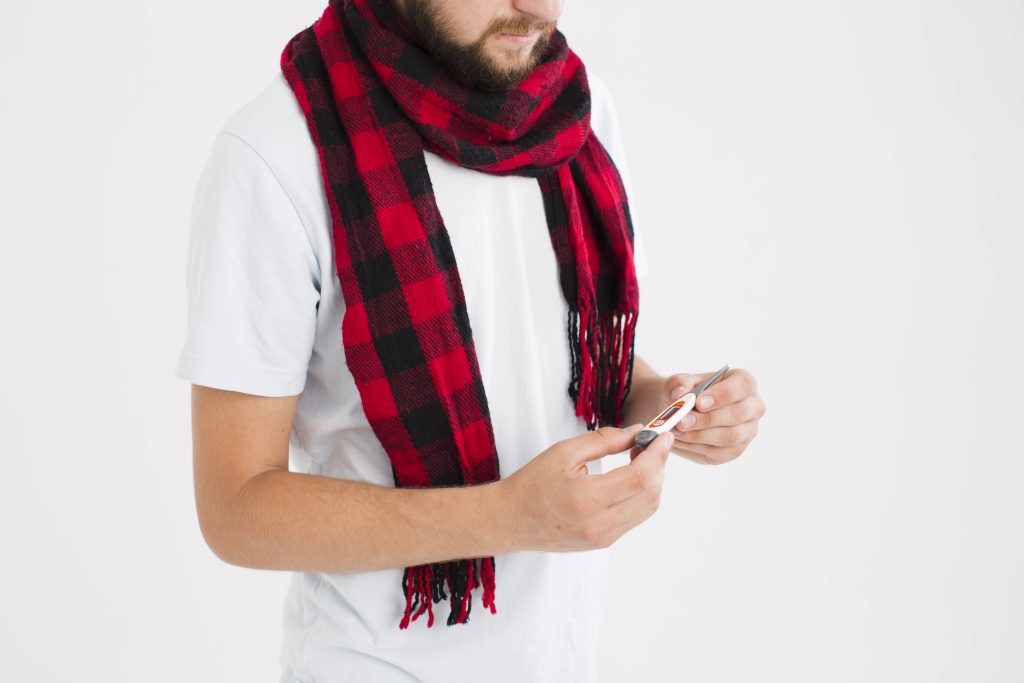
2.Wearing a mask when going out
In the environment where ordinary people are in contact, an ordinary mask can effectively block the transmission of the virus. Medical protective masks can be saved, which can relieve the pressure on public health. If possible, try to work at home and avoid going out.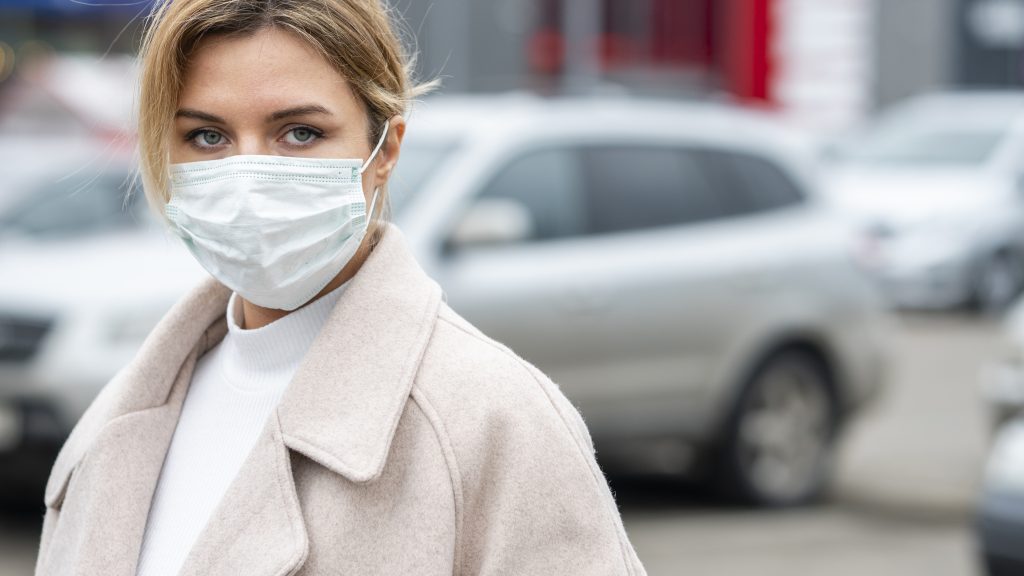
3.Wash your hands frequently
The first thing you do every time you go home is to wash your hands and pay attention to personal hygiene. When outside, try to avoid touching the face directly with your hands, especially the nose, eyes and mouth.
4.Try to avoid large-scale intensive gatherings
Such gatherings only speed up the spread of the virus, and it is foolish to do so. Controlling the spread of the virus is a matter for each of us. It is not just a matter of the National Medical System, it is a duty and responsibility that a citizen should fulfill.
5.Minimize exposure to public goods
The virus can survive outside the human body. Depending on the environment, the survival time ranges from 30 minutes to several days. In theory, it can survive indefinitely in a zero-degree environment. Therefore, the coronavirus can be transmitted through contact. For example, if a mobile phone has a virus on its screen, it will stick to your hands when you touch it with your hands. At this time, if you rub your eyes or dig your nostrils, you may be infected. Therefore, we should try to minimize contact with public goods, such as coins, elevator buttons, supermarket door handles, other people’s mobile phones, other people’s keys, etc. If you need to contact, you should wash your hands immediately or wipe your hands with disinfectant tissues. Similarly, changing clothes, shampooing, and bathing immediately after arriving home is also the same reason.
6.Try to stay away from people who are in contact with too many people.
The professor of Infectious Diseases of Wuhan Union Medical College Hospital confirmed that the new coronavirus is not only contagious in the early and incubation period, but also that the invisible infected person is also very contagious, that is, a person looks good, in fact, he may already be infected And, at this time, he can also transmit the virus to others. Therefore, an important measure is that we should try to avoid contact with those who are more likely to be infected. So, who are more likely to be infected than the average person? First of all, in close contact with patients who have been diagnosed with coronavirus, these personnel include his family, doctors, and staff involved in isolation; second, large-scale contact with floating populations has a high risk of infection, such as taking a temperature The security guards, village heads, and village party secretaries, which are propagated from house to house, have taken protective measures, but because they have to contact a large number of people, the risks are far higher than ordinary people. We will regularly share some precautionary measures about the epidemic with you.
We will regularly share some precautionary measures about the epidemic with you.
Tags :
Knowledge & Stories| M | T | W | T | F | S | S |
|---|---|---|---|---|---|---|
| 1 | 2 | 3 | 4 | 5 | 6 | 7 |
| 8 | 9 | 10 | 11 | 12 | 13 | 14 |
| 15 | 16 | 17 | 18 | 19 | 20 | 21 |
| 22 | 23 | 24 | 25 | 26 | 27 | 28 |
| 29 | 30 | 31 | ||||
Recent Posts
- Ultimate Guide to UV Printing: Insider Tips and Tricks
- Before You Invest: Choosing a Large Format Flatbed Printer
- Maximizing Brilliance: Mastering UV Printer Settings for Optimal Media Reflectivity
- The advantages of using a WER UV printer for large format printing (2)
- Achieve Stunning Results in Home Décor and Architectural Design with UV Printer
Archives
- January 2025
- November 2024
- September 2024
- March 2024
- December 2023
- November 2023
- October 2023
- May 2023
- March 2023
- February 2023
- January 2023
- December 2022
- November 2022
- October 2022
- September 2022
- February 2022
- January 2022
- December 2021
- November 2021
- October 2021
- September 2021
- August 2021
- July 2021
- June 2021
- May 2021
- April 2021
- March 2021
- February 2021
- January 2021
- December 2020
- November 2020
- October 2020
- September 2020
- August 2020
- July 2020
- June 2020
- May 2020
- April 2020
- March 2020
- February 2020
- January 2020
- December 2019
- November 2019
- October 2019
- September 2019
- August 2019
- July 2019
- June 2019
- May 2019
- April 2019
- March 2019
- February 2019
- January 2019
- December 2018
- November 2018
- October 2018
- September 2018
- August 2018
- July 2018
- June 2018
- May 2018
- April 2018
- March 2018
- February 2018
- January 2018
- December 2017
- July 2016
- June 2016
Recent Posts
- Ultimate Guide to UV Printing: Insider Tips and Tricks
- Before You Invest: Choosing a Large Format Flatbed Printer
- Maximizing Brilliance: Mastering UV Printer Settings for Optimal Media Reflectivity
- The advantages of using a WER UV printer for large format printing (2)
- Achieve Stunning Results in Home Décor and Architectural Design with UV Printer
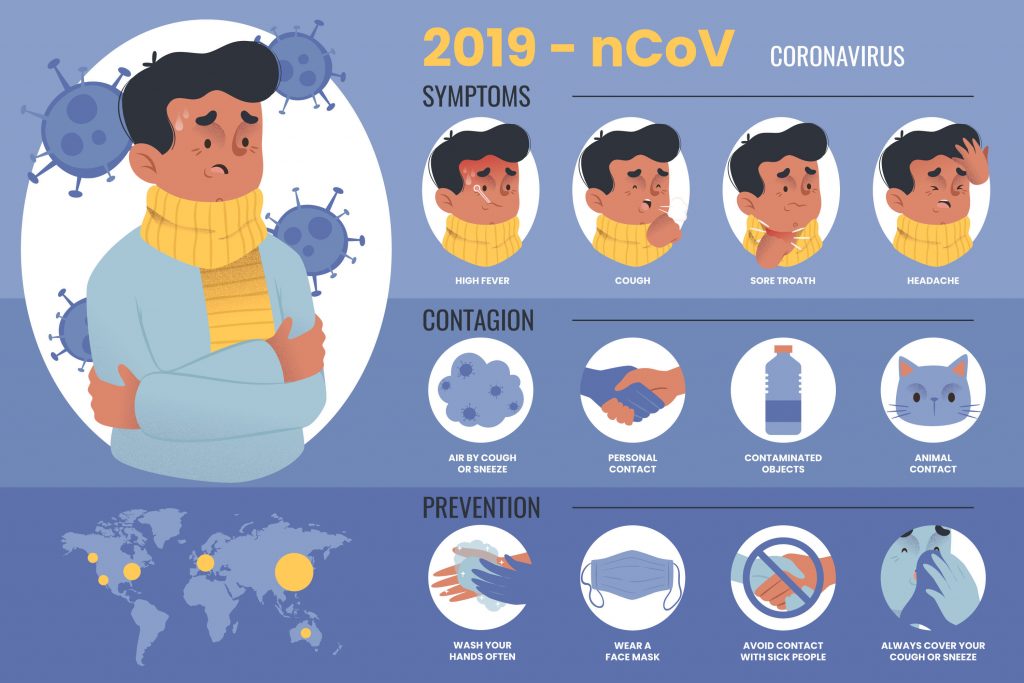
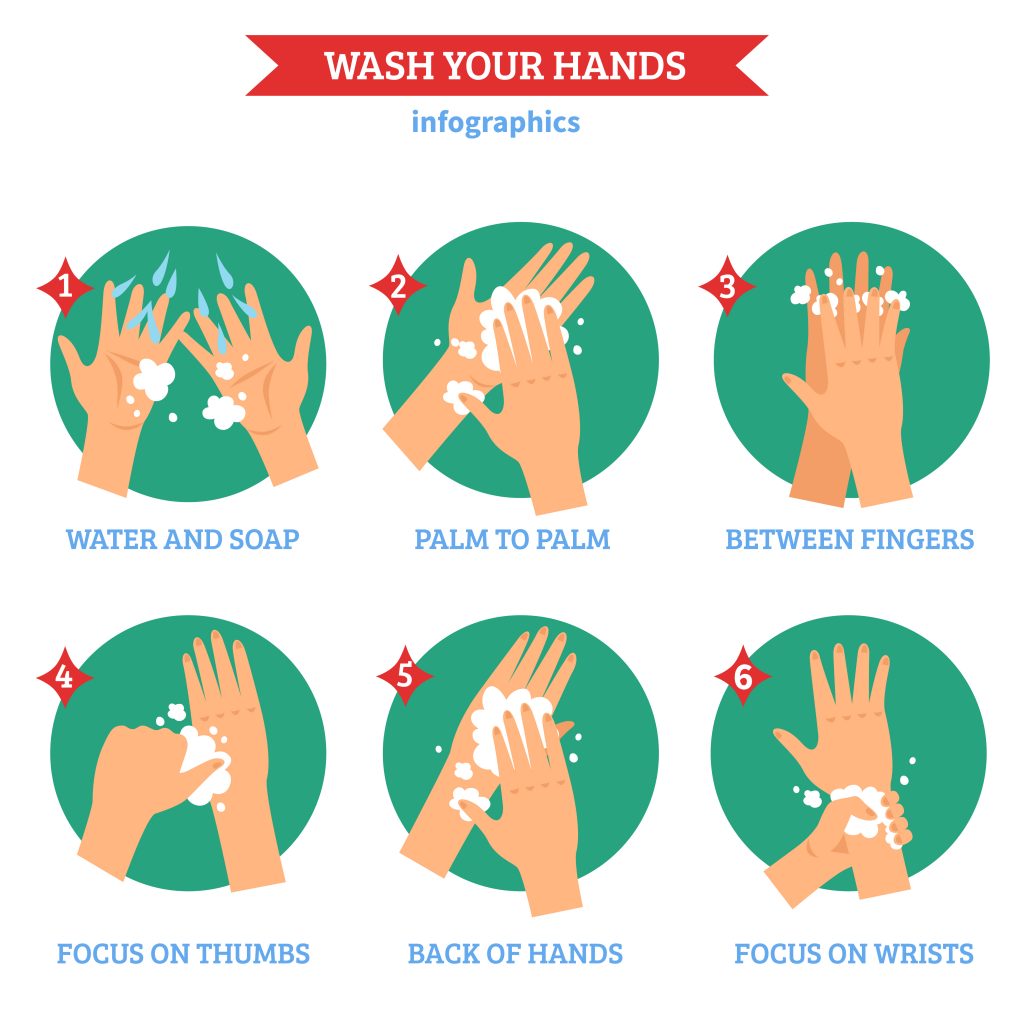

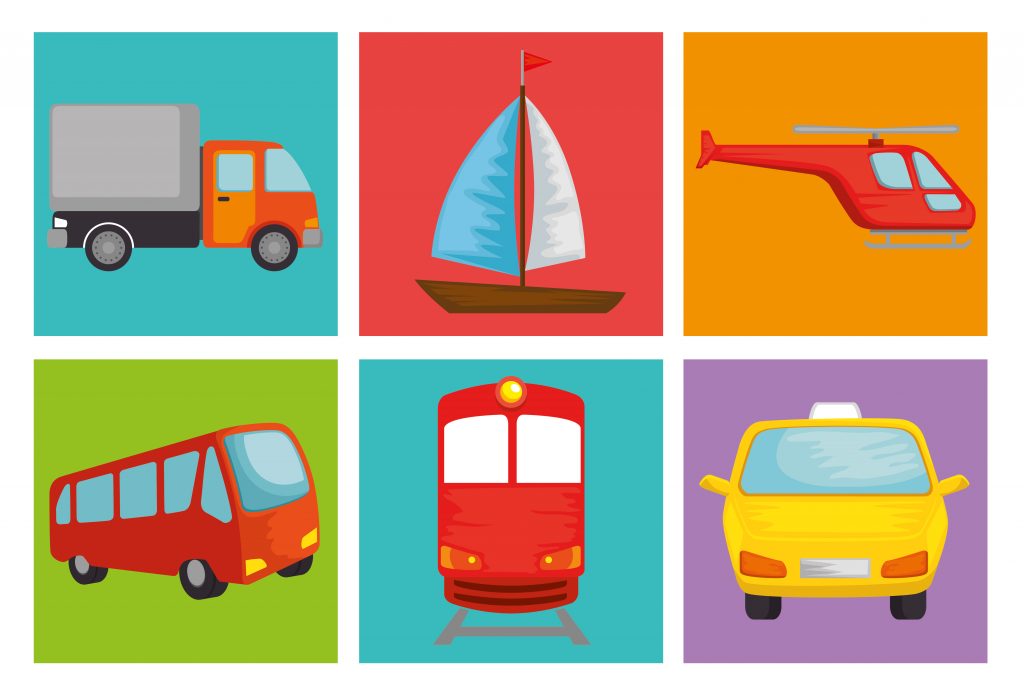
Recent Comments